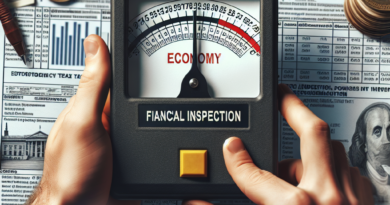Here’s the maximum income you should earn to avoid paying for medical copayment
Income Limits for Healthcare Ticket Exemption
Healthcare ticket exemption allows individuals to access necessary healthcare services provided by the National Health Service without having to pay any fees.
The ticket is a partial contribution towards the cost of the service, which citizens contribute to access SSN services and purchase medications.
Who is Exempt from Payment?
Those exempt from payment can undergo laboratory tests, specialist consultations, and outpatient visits without any out-of-pocket expenses.
Exemptions are provided for various situations, including:
- Rare diseases
- Chronic illnesses
- Disabilities
- Income thresholds
- Pregnancy
Income-based exemptions have specific criteria related to age and social conditions.
Let’s explore the maximum income limits to continue enjoying ticket exemption.
Income Limits for Different Exemptions
For individuals in the family unit under six years or over 65 years old, relatively high income limits apply to qualify for healthcare ticket exemption.
For children under six, the income considered is that of the parent who claims the child as a dependent for tax purposes; if claimed by both parents, the income of one parent is usually considered (typically the one with income below the limit).
To benefit from ticket exemption for a child under six, the income threshold is below €36,151.98.
Individuals over 65 qualify for income-based exemption with a total income below €36,151.98.
Both cases represent a personal exemption that cannot be extended to other family members.
For unemployed individuals, the income limit is €8,263.31 (considering the entire household income, not just the individual), but increases to €11,362.05 with a dependent spouse and an additional €516.46 for each dependent child.
Recipients of social pension or welfare benefits have the same income limit as the unemployed.
In both cases, the exemption applies to all members of the household, not just the applicant.




